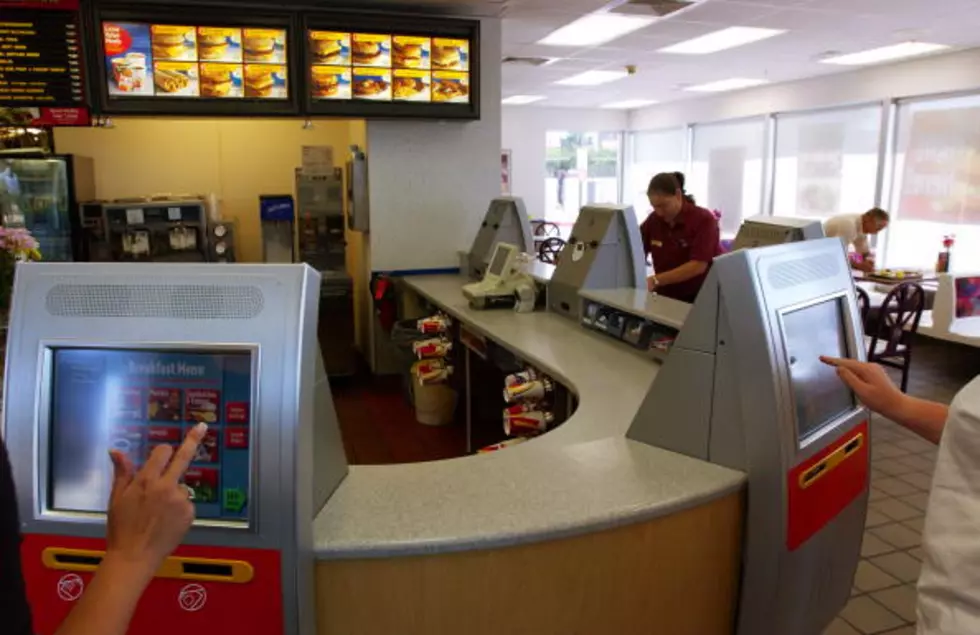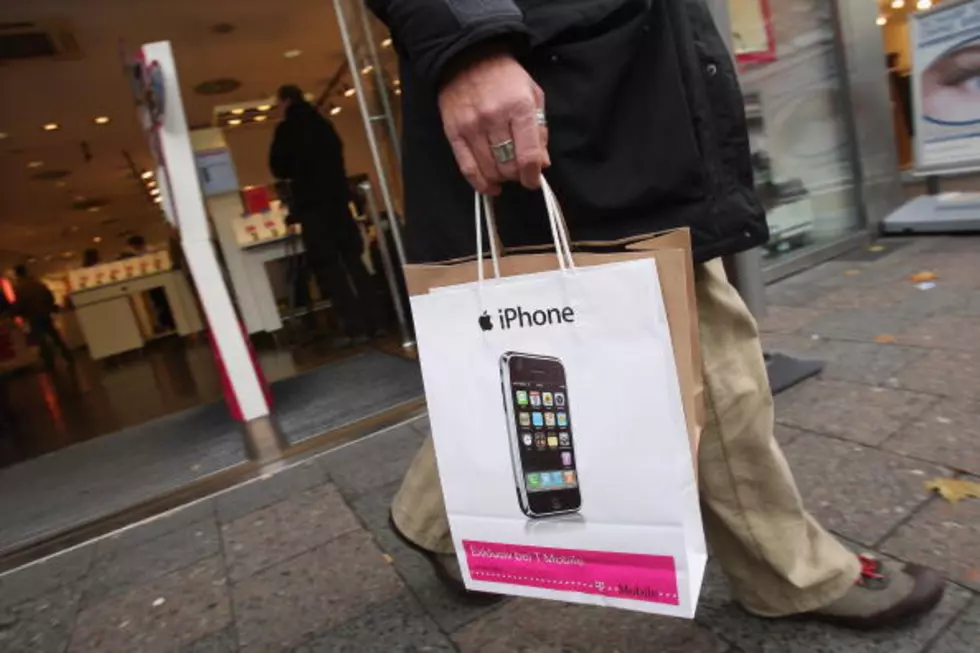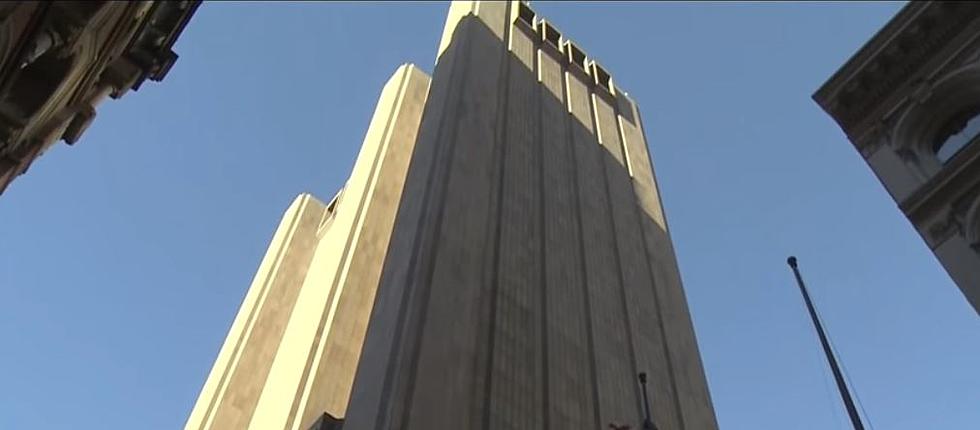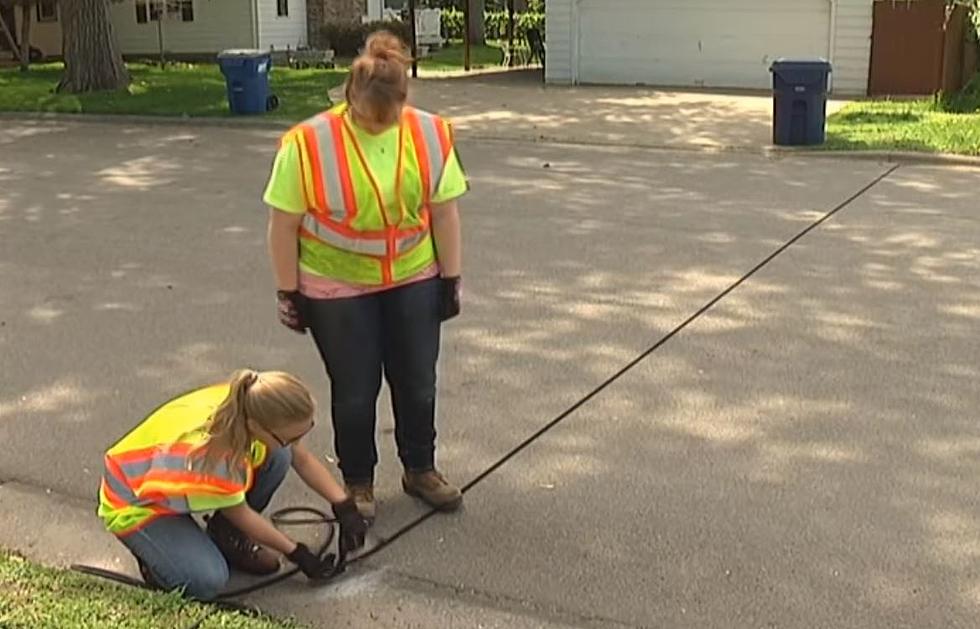
Researchers Speed Up WiFi and LTE Using Alegbra – Tech Thursday
You know how you like to swear at your smartphone or your computer because it's just downloading stuff way to slow? Well, some math nerds and researchers at MIT may have a solution to that problem. Use algebra to speed it up.
Let me put some of my newfangled college learnin' to use and explain how a network SHOULD work. Information on networks are sent in packets. These packets can contain small pieces of anything from MS Word documents to your girlfriend's naughty picture she is sending you to your smartphone. They use a simple math formula for the receiving server or computer to determine if it got the information OK. If not, it sends a request back to the sender saying "I didn't get that, say it again?". When that happens, that slows down the network, because it can cause more traffic and more slow downs and on and on.
The solution the boys at MIT have come up with, is where an algebraic equation is used to fill in the missing parts if a packet is dropped. Pretty smart if you ask me. Just like with algebra we do in math class, the computer or smartphone only needs a few pieces of the puzzle to fill in the rest of the data. This then frees up the network allowing more data to go through, resulting in faster network speeds. Meaning you get you see your girlfriend's softy bits quicker. And there isn't a big hit on the processing power of the computers or smartphones.
A few trial runs saw a jump from 1 Mbps to 16 Mbps. That's really huge! We're talking a high def movie downloaded from iTunes in a matter of few minutes instead of an hour. But don't be expecting to this this in home or commercial routers just yet. There is still more testing to be done in more real world situations to see just how good it can work. But some companies are already licensing the technology. So it shouldn't be too long before we see this polished and rolled out. This makes me appreciate my algebra class I am struggling in right now, even more.
$>y=mx+b
More From Q 105.7









